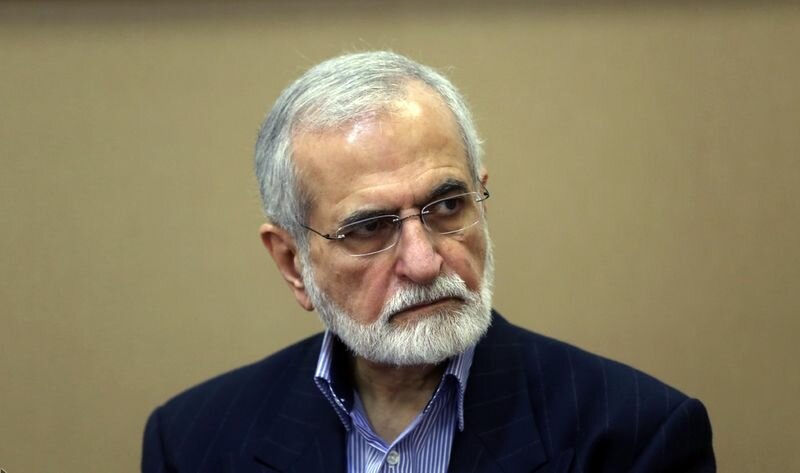Trump has left no room for ‘trust and negotiation’: Kharrazi

TEHRAN - Kamal Kharrazi, chief of the Strategic Council on Foreign Relations, said on Sunday that U.S. President Donald Trump’s act in quitting the landmark 2015 nuclear deal, officially called the Joint Comprehensive Plan of Action (JCPOA), “has left no room for trust and negotiation”.
“Trump’s performance in withdrawing from the JCPOA and imposing cruel sanctions against the Iranian people has left no room for trust and negotiation and his invitations to hold talks are just propaganda,” Kharrazi said during a meeting with a number of French think tanks directors.
He added, “Trump proved that he does not respect the former U.S. administration’s signature and also violates the Resolution 2231 of the [UN] Security Council and other international commitments.”
The JCPOA, signed in July 2015, was endorsed by the UN Security Council Resolution 2231.
On Iran’s missile program, he said the Resolution 2231 does not ban missiles which are not designed to carry nuclear warheads.
He noted that Iran will not hold talks on its missile program.
Iran has repeatedly said that its missile program is purely deterrent.
The U.S. officials have consistently claimed that Iran’s ballistic missile tests have violated the UN Security Council Resolution 2231. Iran has dismissed the charges.
Majid Takht Ravanchi, Iran’s permanent representative to the United Nations, said on May 2 that Iran’s missile program is non-negotiable, noting it falls within “national defense”.
“We will not back down from our position on this program which is an issue of the national defense,” Takht Ravanchi told IRIB.
He noted that Iran’s conventional missile program will never be included in the Resolution 2231.
“This resolution which was approved by the U.S. itself and other countries explains that only missiles which are designed to carry nuclear warheads are banned,” stated Takht Ravanchi who acted as nuclear negotiator with the 5+1 group (the five permanent members of the UN Security Council and Germany).
He added that Iran’s missiles do not carry nuclear warheads.
Ali Shamkhani, secretary of the Supreme National Security Council, said in March that Tehran decides about its missile program based on its interests and the issue is “non-negotiable”.
“We take decision about range, precision, speed and destruction power of our missiles based on our interests and threats and this process is not negotiable,” Shamkhani stated.
Mohammad Ali Jafari, the former commander of the Islamic Revolution Guards Corps (IRGC), said in June 2018 that the range of Iranian missiles is 2000 kilometers and the country does not need to extend it.
In a meeting with French Foreign Minister ean-Yves Le Drian in Tehran in March 2018, Foreign Minister Zarif said Iran’s military power is for deterrence.
Zarif said during Saddam Hussein’s war against Iran in the 1980s foreigners refused to sell weapons to Iran to defend itself.
“Iran has learned from the bitter experience of the imposed war that it must rely on its deterrence power to defend the people,” Zarif asserted.
During the 1980-1988 Iran-Iraq War, the Saddam army rained down missile on Iranian cities. The Saddam army also gassed Iranian soldiers and civilians.
NA/PA
Leave a Comment